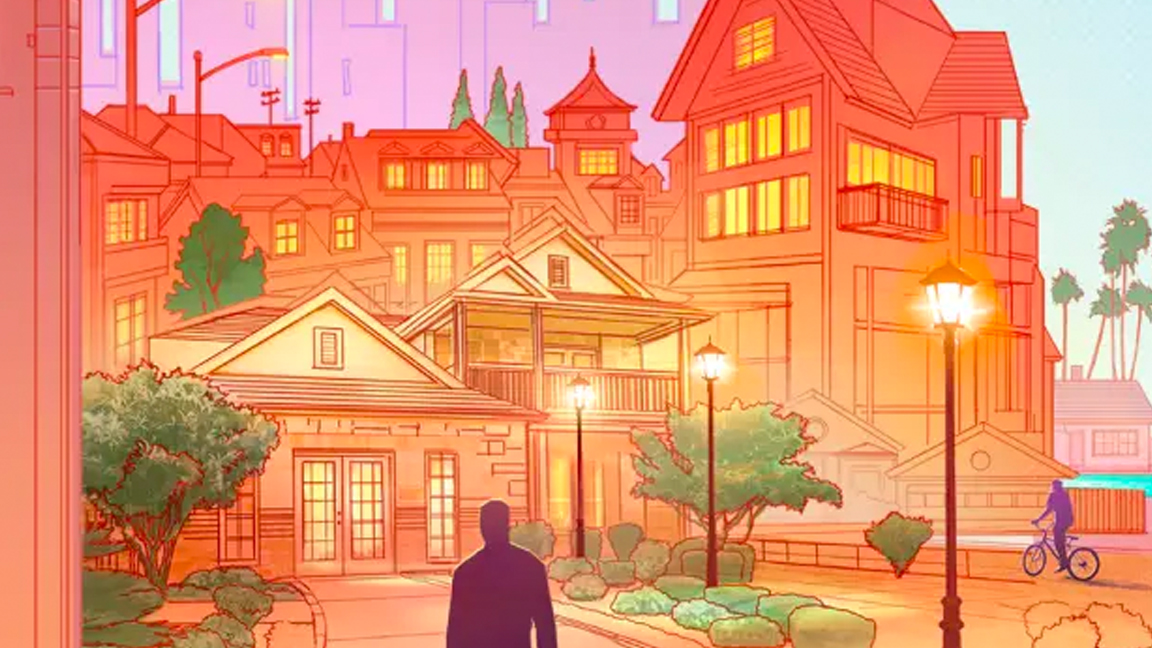NFT companies are pulling back on paying royalties

Back in the innocent days of early 2021, I was stuck at home with Omicron raging, desperate for human contact. And something called “NFTs” roared into life when other bored people at home decided to seek excitement by buying things.
As the two things came together, I found myself fielding a lot of calls from people wanting to explain NFTs and how amazing they were to me. If I had listened to them I would have made a lot of money…but that was never my game. A crypto-skeptic from the jump, I was impressed by a few things that I kept being told. One was that the blockchain was a secure home for contracts so that no one would ever dispute one again. A fireproof filing cabinet is also a safe home, but secure.
The second was that the blockchain would store contracts and royalty payments – so that when an oh-so-collectible NFT was resold, the original artist would receive a royalty – typically 5-10% paid by the retailer. This is a touchy subject in the art world, with royalties rarely being paid even when art increases in value and is sold, so the idea that this would be enforceable on the blockchain was appealing… and about the only positive I could see about the whole mania.
Well, fast forward to the end of 2022, and roughly two years later, crypto itself has cratered, Madoff pyramid scheme style, and Reuters is reporting that NFT sales are down 99%, the lowest point in 15 months. And suddenly we see headlines like this:
If you’re reading this and can still hold your mobile device evan while rolling on the floor in a fit of “I told you so” laughter, here’s a little more about how NFT royalties were never guaranteed.
As sales declined, NFT marketplaces have increasingly ignored artist fees, which Brady Dale on Axios reported about a month ago. And despite what everyone told me two years ago, it turns out that the royalties were never “written into the blockchain,” as Brady writes:
Part of the popular narrative surrounding NFTs was that royalties were built into the operation of the blockchain. This was never true.
- The documentation of each NFT simply asks for a royalty, and until very recently, most marketplaces have simply honored that request.
- Anecdotally, NFT creators have also been asking for more and more lately, putting more and more pressure on marketplaces to drop all royalties.
“Granted the request”! B-but I thought the blockchain was immutable LAW THAT LASTS FOREVER!?!?!?!?!? I was told it would do everything for me and then make oatmeal for breakfast.
But as NFT prices get lower and lower, royalties are increasingly being ignored: Magic Eden and LooksRare, among the larger NFT marketplaces, have made royalties optional. OpenSea, the largest NFT marketplace, has been giddy about it all, but due to pressure from creators, they had to announce that they would encourage the payment of royalties, including providing a tool that blocks sales on platforms that don’t recognize them. OpenSea CEO and co-founder Devin Finzer was just SHOCKED, totally SHOCKED, at the backlash from the creators.
I’d like to reiterate: despite what we’ve been told over and over by those who thought NFTs were a revolution for artists, blockchain contracts do not automatically enforce royalty payments. As Art Newspaper reported:
Although NFT creator fees are contracts, blockchain code cannot actually enforce token transfer provisions, making these contracts essentially voluntary. From an operational perspective, royalties were never guaranteed on the blockchain; instead, the documentation of each NFT only asks for a royalty, a procedure that platforms have previously respected under more favorable market conditions.

Throughout this ordeal charade, every time I heard the term “gas taxes” I wondered if NFTs were just a lot of hot air; Unfortunately, claims that art on the blockchain guarantees artists passive royalty payments have certainly proven to be a lot of nonsense.
























